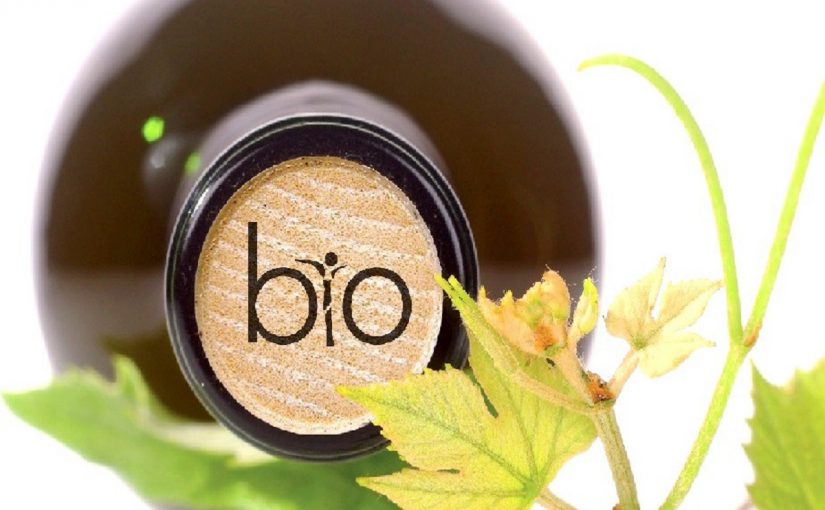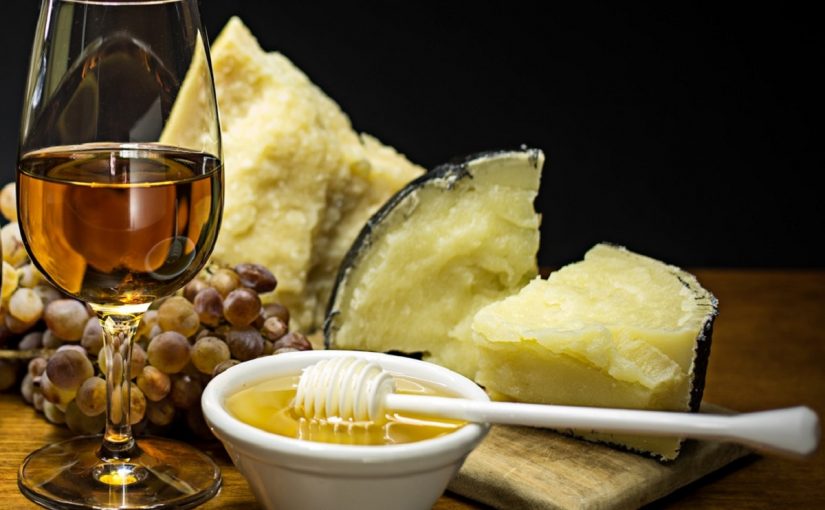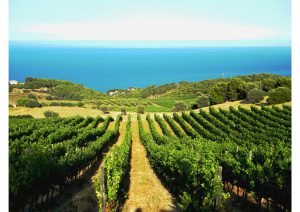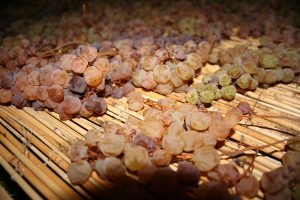11.11.2018
MEDITERRANEAN DIET, TRENDS AND CALABRIA F&B
According to a report FAO of 2015 (Rome, see the report here), economic globalization is shifting the populations of the Mediterranean from the consumption of fruit, vegetables and legumes, in favor of milk and meat derivatives.
At the same time the phenomena of undernourishment are growing in the same basin, with dangerously increasing overweight and obesity. This is the scenario that emerges from a report published by FAO and the International Center for Advanced Mediterranean Agronomic Studies. For the future, policies aimed at the sustainability of food diets are desirable, with the greater diffusion of foods based on vegetable oil, cereals, vegetables and legumes and a moderate consumption of fish and meat.
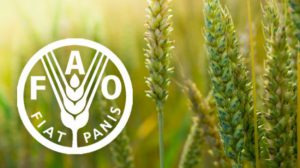
The same can be said for the wine, the trend of beverages [see the FAO report (p.14 paper / p. 28 PDF file)] is toward “an increase in the consumption of beverages and foodstuffs with a high carbohydrate content, and a simultaneous decrease in the consumption of starches“.
BIOLOGICAL WINE IN CALABRIA
This explains the added value of organic wine, as an healthy beverage. Organic farming, unlike conventional farming, limits environmental impact to a minimum, preserves and regenerates biodiversity, respects natural balances and prohibits the use of pesticides, herbicides and chemical synthesis fertilizers.
The organic winemakers treat the fertility of the soil with natural systems and only in case of necessity they resort to fertilizers and organic soil amendments and mineral rocks allowed by the European regulations. Plant diseases and harmful insects are fought using only defense products of natural origin or techniques of biological fight.
Calabria developed a huge number of organic vineyards. In the biological winemaking the additives and technological adjuvants and the technologies that are too invasive and problematic for health, both for man and for the environment, are forbidden. The places where this kind of production happens are the same where the following grapes are cultivated: the areas of Gaglioppo, Magliocco dolce, Magliocco canino, Greco nero, Calabrese nero, Aglianico.
In particular, Gaglioppo has attracted the most attention, as it represents more than 50% of Calabrian vines and is able to better interpret the Calabrian terroir and biological winemaking.
Calabrian Organic wines guarantee a sulfite content that is always below the maximum limits for conventional wines. In Europe, the maximum permitted limits in conventional wines are 150mg / l for red wines and 200mg / l for white and rosé wines while in the organic limits are respectively 100-120mg / l for reds and 150-170mg / l for whites and rosés.
BIO WINE LABELS AND VEGAN DIET
But how to distinguish a bio wine from one that is not?
We need to pay attention to the label – says the experts – Organic wines, as well as all other certified organic products, carry the European logo on the label (the green flag with the European starlet leaf). Next to the European mark must be indicated the code of the control body and the actual origin (EU / non EU) of the ingredients that constitute it. Thus, when you read Italy (or Spain, France, etc …), it means that 100% of the ingredients have been grown on the national territory.

Then there are the voluntary ‘certifications’ which may provide for further restrictions. “The Icea standard, distinguished by the ‘Biolwine’ trademark, further limits the use of additives and technological adjuvants with respect to EU legislation” and “provides that the maximum sulfur dioxide content, expressed in milligrams per liter (mg / l), does not must exceed 50% of the amount admitted in the EU regulation 606/2009 “.
Organic products also have the merit of ‘inspiring’ virtuous behavior. Organic farming has always driven and encouraged an evolution of other productions towards more ecological and sustainable systems. Not only, at the dawn of the organic it was frequent to run into defective organic wines of poor quality, but today, in Calabria, we can count on cellars that guarantee a level of quality comparable and competitive with the best conventional wines.
At this moment, it is not the disciplinary of the biologicals limit but the capacity of the agronomist in the field, to ensure the quality of the grapes, and then of the winemaking in the cellar.
The bio wines also marry the vegan cause. Unlike in the past today among vegans there are those who also appreciate the consumption of wine, provided that in the production of the same have never been used substances of animal origin, which in wine must not even be declared on the label, as the jellies used for clarification, isinglass, albumin, lysozyme, etc …
In Calabria, now, in addition to “self-certified products from the same manufacturing companies”, the wineries can also count on a real certification of a third party Vegan. Like that of Icea, which provides for the elimination of any substance of animal origin in the processing of wine and all other food products intended for vegan consumers. In promoting vegan wines, obviously, any reference to combinations with meat, cheese and eggs should be avoided.
TARGET MARKETS
The high attention devoted to environmental interests, in the EU Community area, particularly in Germany, ensures higher growth rates for bio wine sales. Further, interest in organic wine, is also showed by Denmark, Luxembourg, the Scandinavian countries, Belgium, Austria and the Netherlands.
For non-European countries, United States and East Asian markets are in pole positions. Among the European countries, which are outside the European Union, the demand of the Swiss market seems to be very high. This means that the Calabrian organic wines seem to have all the requisites to be ready to satisfy the new needs of the consumer, specifically international ones.
This would allow Calabria to export on the various markets a quality organic wine production, from the United States to Canada, from Germany to Denmark, to name but a few; and this opportunity would favor the development of communication and promotion actions for the products of the Calabrian wine supply chain, aimed at international consumers.

